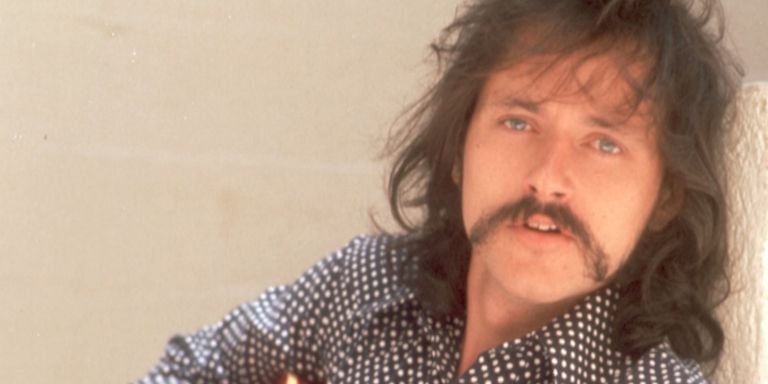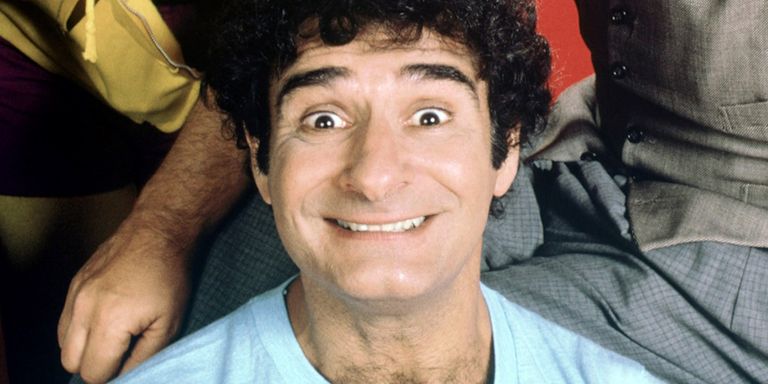
Peter Yarrow (1938–2025), Peter, Paul and Mary singer
by Linnea Crowther
by Linnea Crowther
4 min readPeter Yarrow was a singer-songwriter and guitarist with the legendary folk music trio Peter, Paul and Mary, known for their song “Puff the Magic Dragon.”
- Died: January 7, 2025 (Who else died on January 7?)
- Details of death: Died at his home in New York City of bladder cancer at the age of 86.
- We invite you to share condolences for Peter Yarrow in our Guest Book.
Table of Contents
Peter Yarrow’s legacy
Yarrow grew up steeped in the arts, encouraged to play music by his mother. He attended New York City’s High School of Music and Art, and he studied psychology at Cornell University. At college in the late 1950s, amidst the mid-century folk music revival, he took the school’s popular American Folk Literature course. The class empowered him to begin singing and playing guitar in public.
Inspired by folk music greats the Weavers, Yarrow joined with fellow singers Mary Travers (1936–2009) and Paul Stookey to form Peter, Paul and Mary. Founded in 1961, the trio quickly found success with their gentle harmonies. Their self-titled 1962 debut album was a chart-topper, yielding the hit singles “Lemon Tree” and “If I Had a Hammer (The Hammer Song).” Most of the songs on their debut album were covers – others included “500 Miles” and “Where Have All the Flowers Gone?” – though Yarrow and Stookey wrote a few of its offerings.
The trio included more original songs on their LP, 1963’s “Moving,” including one of their best-loved songs, “Puff, the Magic Dragon.” Yarrow wrote the hit, with lyrics based on a poem by Cornell classmate Lenny Lipton (1940–2022), and he sang its lead vocals. A pervasive rumor arose that the song was actually about marijuana, though both Yarrow and Lipton vehemently denied it. They insisted that its lyrics – about a little boy befriending a dragon and later growing up to forget about him – should be taken at face value. Other songs Yarrow wrote for the trio included “Day Is Done,” “Light One Candle,” and “The Great Mandala.”
The folk music of the 196s0 was inextricably linked with the political movements of the day, such as the civil rights movement and protests against the Vietnam War. Peter, Paul and Mary were among the singers invited to perform at the 1963 March on Washington for Jobs and Freedom, best known for Dr. Martin Luther King Jr.’s (1929–1968) famous “I Have a Dream” speech. The trio performed “If I Had a Hammer” and “Blowin’ in the Wind.” The latter was one of several Bob Dylan songs they sang, including “Don’t Think Twice, It’s All Right” and “When the Ship Comes In.”
Peter, Paul and Mary’s biggest hit came in 1969 with “Leaving on a Jet Plane.” Their cover of the John Denver (1943–1997) tune was their only song to top the charts, and its success came shortly before their 1970 breakup. Among the factors contributing to the trio’s dissolution was a controversy surrounding Yarrow, who was accused in 1969 of making sexual advances toward a 14-year-old girl. He served three months in prison, and more than 10 years later, he was pardoned by President Jimmy Carter (1924–2024). When the incident returned to the spotlight amid the #MeToo movement, Yarrow issued a statement apologizing for his conduct and stressing, “I do not seek to minimize or excuse what I have done.”
Yarrow began releasing solo projects in 1972, ultimately recording five albums, though none reached the success of his work with Travers and Stookey. The three reunited several times over the years, touring as well as releasing LPs in the 197s0 through 200s0.
Increasingly in the years after the split, Yarrow devoted his time to activism. After establishing himself as a prominent voice against the Vietnam War, he branched out to embrace many other causes. A prominent one was anti-bullying, and in 2000, he founded the nonprofit Operation Respect to foster tolerance and understanding among children.
Notable quote
“We recorded songs based on a different process from that used in commercial music. We recorded songs that really got to us, that moved us, that reached our hearts. The success was a result of that. You can’t reduce the success of the music of the ‘60s to a formula involving arrangements and musical presentation. It was a matter of finding the songs, and going to the heart of the songs, and then creating something that we really wanted to share.” — from a 2023 interview for The Jaded Cynic
Tributes to Peter Yarrow
Full obituary: The New York Times
TAGS




